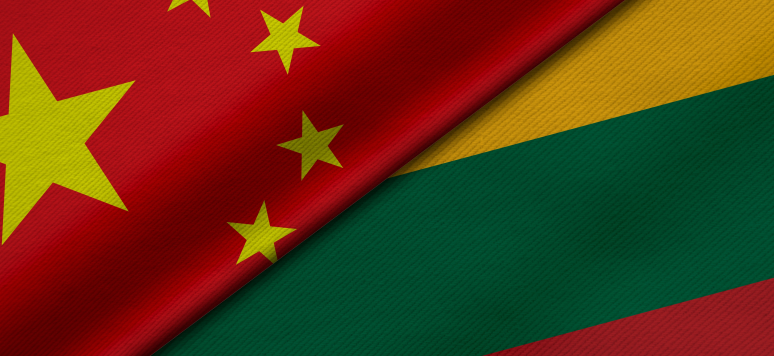Briefings de l'Ifri - The Sino-Lithuanian Crisis: Going beyond the Taiwanese Representative Office Issue Briefings de l'Ifri, March 8, 2022

The year 2021 marked the 30th anniversary of the establishment of diplomatic relations between China and Lithuania. Instead of commemorative events and customary lofty rhetoric, the bilateral relationship rapidly plunged to a level rarely seen in either country’s foreign policies since the end of the Cold War.
Sino-Lithuanian relations remain de facto downgraded to the level of chargé d’affaires, Lithuania’s physical embassy in Beijing is empty, while the southernmost Baltic state continues to withstand China’s multidimensional campaign of diplomatic, discursive and, most importantly, economic pressure. The principal cause behind this diplomatic crisis was the opening of the Taiwanese Representative Office in the Lithuanian capital of Vilnius in mid-November 2021. This Briefing will argue, however, that there were other important reasons behind the current state of affairs that had been accumulating over the course of two years.
- The opening of the Taiwanese Representative Office in the Lithuanian capital of Vilnius in mid-November 2021 triggered an unprecedented diplomatic crisis between the People’s Republic of China and Lithuania.
- China resorted to massive economic coercion measures to pressure Vilnius, such as the freezing of bilateral trade. European multinational companies also reported that Beijing blocked their exports because of Lithuanian components in their products.
- In late January 2022, the European Union (EU) launched a case at the World Trade Organization against China over discriminatory trade practices against Lithuania.
- The current crisis must be understood in the broader context of the degradation of the relations between China and Lithuania, but also the EU, since 2019. As such, this crisis is symptomatic of the developing trend in the relationship between the EU and China.
